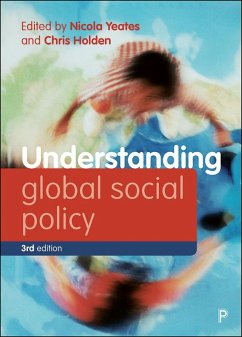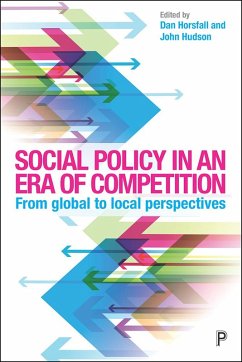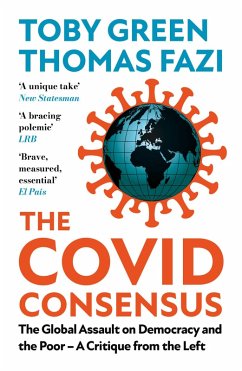
Bounded Rationality and Policy Diffusion (eBook, ePUB)
Social Sector Reform in Latin America
Versandkostenfrei!
Sofort per Download lieferbar
25,95 €
inkl. MwSt.
Weitere Ausgaben:

PAYBACK Punkte
13 °P sammeln!
Why do very different countries often emulate the same policy model? Two years after Ronald Reagan's income-tax simplification of 1986, Brazil adopted a similar reform even though it threatened to exacerbate income disparity and jeopardize state revenues. And Chile's pension privatization of the early 1980s has spread throughout Latin America and beyond even though many poor countries that have privatized their social security systems, including Bolivia and El Salvador, lack some of the preconditions necessary to do so successfully. In a major step beyond conventional rational-choice accounts ...
Why do very different countries often emulate the same policy model? Two years after Ronald Reagan's income-tax simplification of 1986, Brazil adopted a similar reform even though it threatened to exacerbate income disparity and jeopardize state revenues. And Chile's pension privatization of the early 1980s has spread throughout Latin America and beyond even though many poor countries that have privatized their social security systems, including Bolivia and El Salvador, lack some of the preconditions necessary to do so successfully.
In a major step beyond conventional rational-choice accounts of policy decision-making, this book demonstrates that bounded--not full--rationality drives the spread of innovations across countries. When seeking solutions to domestic problems, decision-makers often consider foreign models, sometimes promoted by development institutions like the World Bank. But, as Kurt Weyland argues, policymakers apply inferential shortcuts at the risk of distortions and biases. Through an in-depth analysis of pension and health reform in Bolivia, Brazil, Costa Rica, El Salvador, and Peru, Weyland demonstrates that decision-makers are captivated by neat, bold, cognitively available models. And rather than thoroughly assessing the costs and benefits of external models, they draw excessively firm conclusions from limited data and overextrapolate from spurts of success or failure. Indications of initial success can thus trigger an upsurge of policy diffusion.
In a major step beyond conventional rational-choice accounts of policy decision-making, this book demonstrates that bounded--not full--rationality drives the spread of innovations across countries. When seeking solutions to domestic problems, decision-makers often consider foreign models, sometimes promoted by development institutions like the World Bank. But, as Kurt Weyland argues, policymakers apply inferential shortcuts at the risk of distortions and biases. Through an in-depth analysis of pension and health reform in Bolivia, Brazil, Costa Rica, El Salvador, and Peru, Weyland demonstrates that decision-makers are captivated by neat, bold, cognitively available models. And rather than thoroughly assessing the costs and benefits of external models, they draw excessively firm conclusions from limited data and overextrapolate from spurts of success or failure. Indications of initial success can thus trigger an upsurge of policy diffusion.













